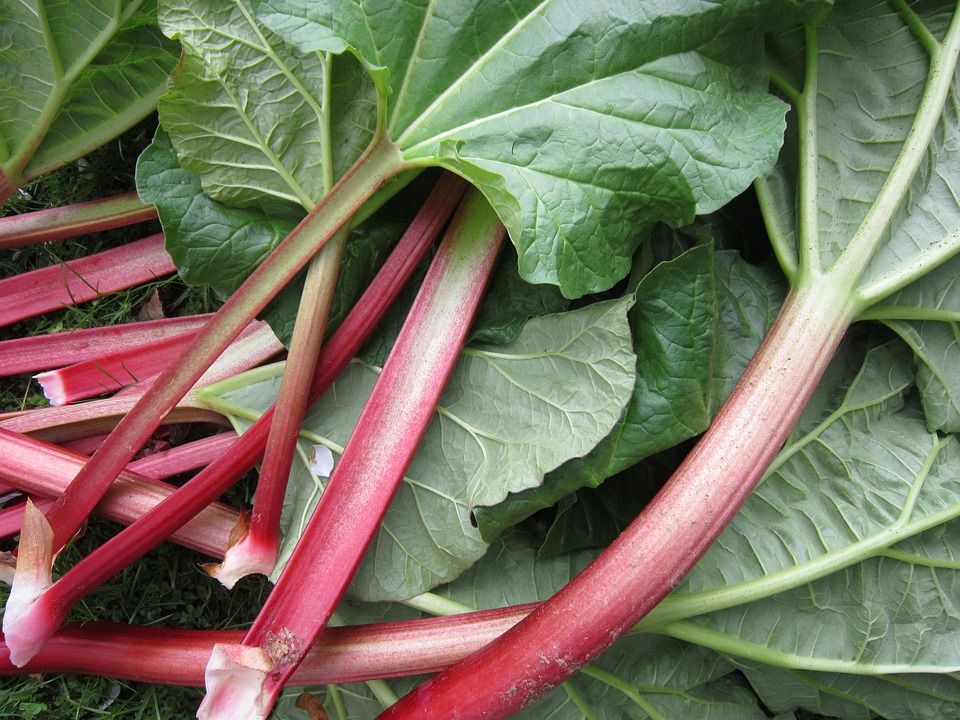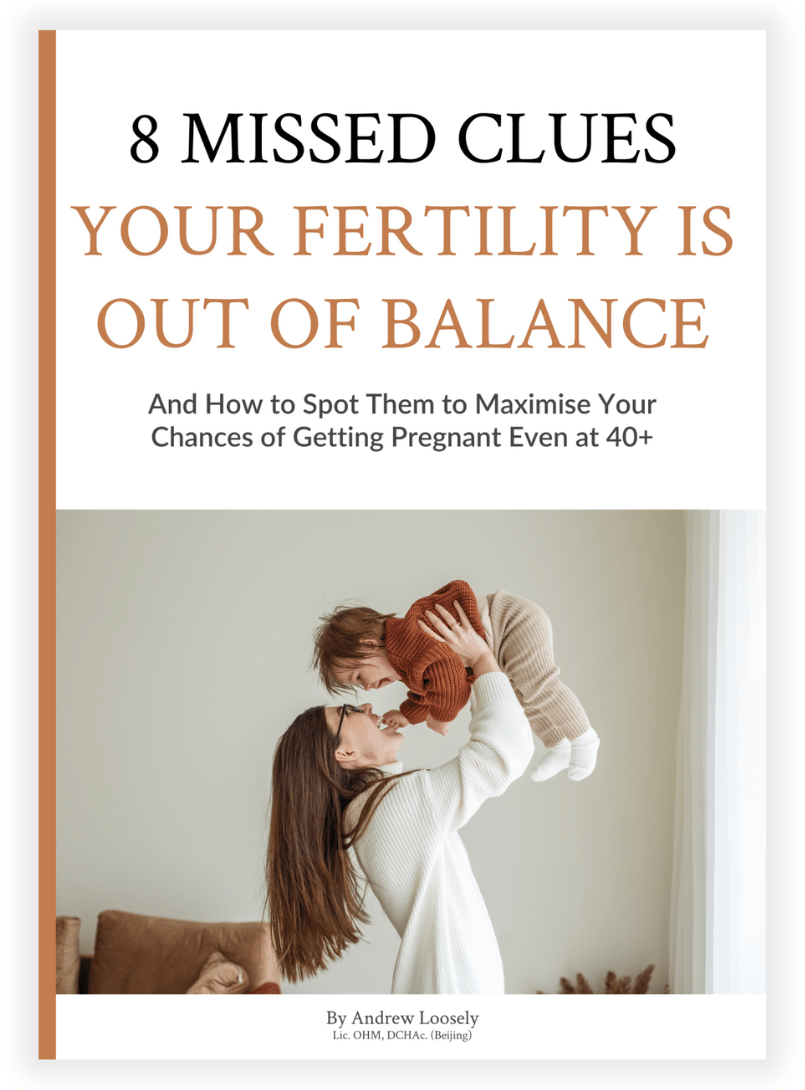Is Rhubarb Toxic?

The Chinese call rhubarb Dà Huáng 大黃 – “the great yellow” – and have used the root medicinally for thousands of years. Its first mention appears in The Divine Farmer’s Classic, which is thought to have been written around 1,800 years ago.
Medicinally it’s great for blood circulation and high blood pressure – so be careful if yours is low.
With 281mg nitrate per 100g serving it helps protect against high blood pressure.
It also has a high fibre content and so is useful for cleansing the intestines and treating constipation. The root is traditionally used for this as it’s a stronger laxative, but the stalk is also helpful.
It’s high Vitamin K content also helps with blood clotting, and energy production in the mitochondria of all cells.
Important Note: The leaves of the rhubarb plant are not edible and should never be consumed due to the high levels of oxalic acid they contain, which may cause a severe reaction (see caution below).
Key nutrients are:
Vitamin K: Vitamin K is an essential nutrient necessary for responding to injuries as it regulates normal blood clotting. Vitamin K can be particularly useful if you suffer from heavy and/or painful periods as it can help slow down the blood flow and reduce cramping.
Vitamin C: For fertility health Vitamin C is important in the process of absorption and also in its ability to support the luteal phase of the menstrual cycle.
Vitamin A: Is necessary for the growth and repair of many body cells including bones, teeth, collagen and cartilage. It’s also involved in cell differentiation where cells become specific types of cells such as a liver cell or a blood cell. This is vital for the development of your healthy baby. Supplementation does not offer balanced forms of Vitamin A.
Vitamin E: Vitamin E is an antioxidant that helps protect cells against damage caused by free radicals. This nutrient is really helpful in protecting sperm and egg cells from free radical damage, which can damage the DNA of the cell and may lead to morphology issues – in sperm and eggs.
Potassium: Is an electrolyte which counteracts the effects of sodium, helping to maintain consistent blood pressure levels – another important element for pregnancy.
Manganese: is a naturally occurring mineral which aids in the formation of connective tissue, bones, blood-clotting factors, and sex hormones.
Calcium: Calcium is needed to build and maintain strong bones, support heart health, and for optimal function of the muscles and nerves. It is also required alongside Vitamin D to aid in its use throughout the body.
CHINESE FERTILITY MEDICINE USE IT TO:
- Treat Blood Stagnation
- Clear Heat
- Help Eliminate Toxins
BLOOD STAGNATION
Blood Stagnation refers to poor circulation of blood throughout the body.
This can manifest in any aspect of the body but is prevalent in many male fertility and also gynecological issues.
There are 2 main causes of Blood Stagnation:
- A genetic clotting disorder that directly causes the blood to clot more easily
- A Blood Deficiency pattern where the blood is weaker and cannot flow efficiently, causing it to become stagnant
Healthy Blood flow is vital to nourishing all the cells in your body, which include egg and sperm cells.
If blood flow reduces it may cause male and female fertility issues that typically present with either an obstruction in the flow of blood or fluids, or the development of a growth or mass.
Click here to read more about Blood Stagnation
HEAT
Heat is a pattern of imbalance in Chinese Fertility Medicine that refers to one or more of the following: a feeling of heat in your body, a measured fever, or some type of inflammation typically related to infection.
It presents with signs of over-activity, mood changes, inflammatory issues, discolouration of body fluids, and symptoms of dryness and heat.
Too much heat typically affects the fluid and blood balance of the body and this can impact egg and sperm quality to varying degrees.
Click here to read more about Heat
ELIMINATE TOXINS
Due to it’s fibre content and use as a laxative, it has the ability to strongly clear waste from the intestines. This helps with certain types of infections, but also as a general cleanser when constipation has been an ongoing issue. It has a very ‘Cold’ nature and is not suitable for people who suffer with coldness, or symptoms of under-activity such as Hypothyroidism.
Season: Rhubarb is grown in two crops: the first crop around January- February time, which is known as forced Rhubarb as it is grown under pots; and the second crop between April and June, which is the main crop of the year.
How it’s typically cooked: usually stewed or roasted with honey to reduce it’s sour flavour. You can consider a healthier alternative such as roasting with beetroot, which is a naturally sweet root vegetable. Cinnamon, or honey, also sweeten it instead of sugar.
Cautions: Do not eat the leaves of the Rhubarb plant as they are poisonous, due to a high content of oxalic acid and anthraquinone. Eat only the cooked stems and avoid the raw stem.
If you suffer from any symptoms of coldness such as: cold hands and/or feet, generally feeling cold, tiredness, poor blood quality, dark clotted menstrual blood (better with heat), menstrual or general abdominal pain (that is better with heat), or you have a Chinese medicine diagnosis of Coldness or Yang Deficiency, then please avoid Rhubarb as it is cold in nature.
Disclaimer: https://naturalfertilityexpert.com/disclaimer/
Need more help?

Free Guide
8 MISSED CLUES YOUR FERTILITY IS OUT OF BALANCE – even if you’re over 40
Discover What’s Stopping You Having Your Baby
8 MISSED CLUES YOUR FERTILITY IS OUT OF BALANCE – even if you’re over 40
If you’re 40 or over and pregnancy isn’t happening for you naturally, or with IVF, then this guide will help you discover why being 40+ isn’t a barrier to having a baby – as long as you identify the root cause of your fertility issues and then bring your body back into balance.